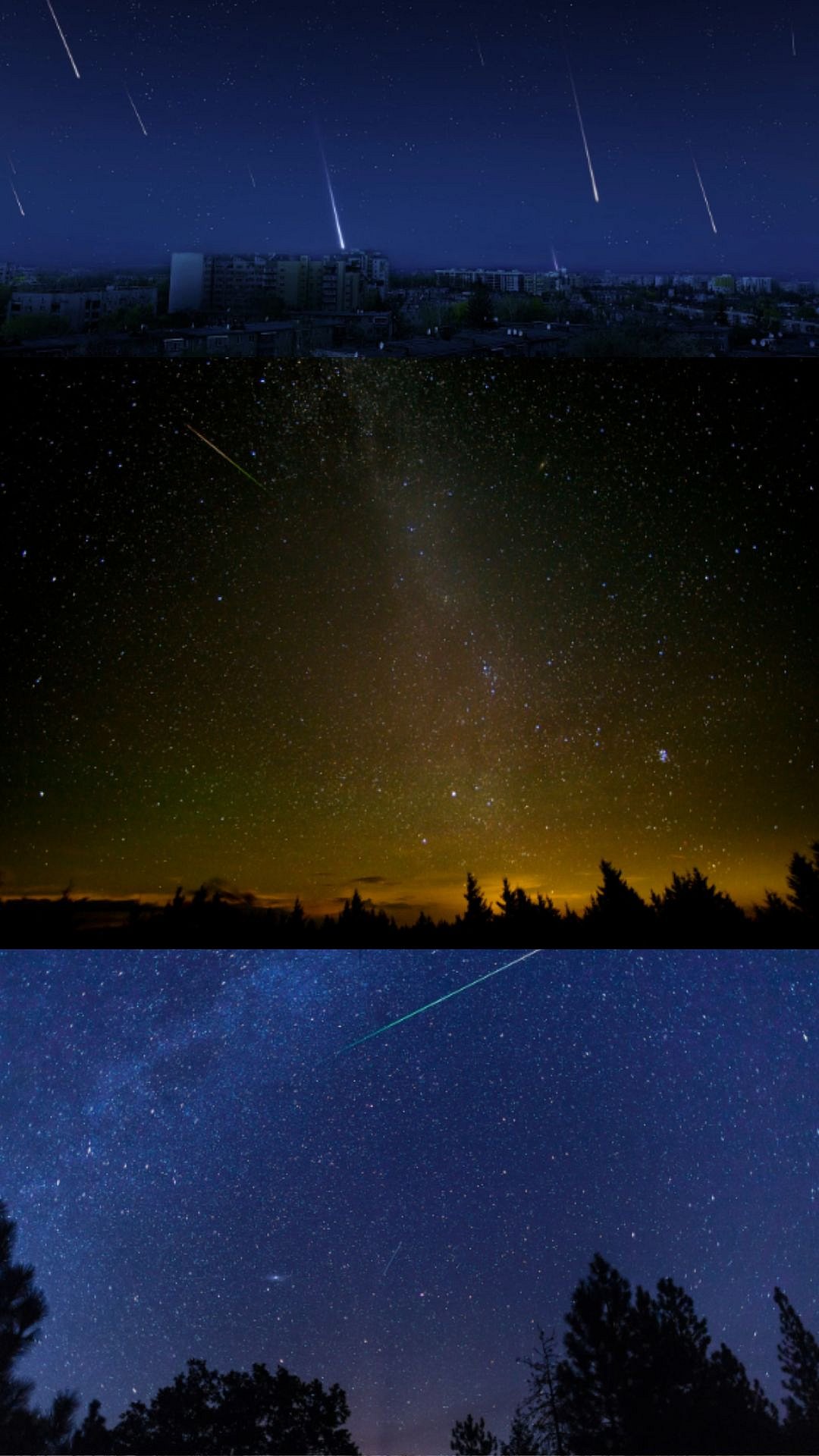The Indian Space Research Organisation (ISRO) is all set to launch its first X-Ray Polarimeter Satellite (XPoSat); the mission aims to explore the polarisation of powerful X-ray sources, adding a valuable dimension to the country's space-based X-ray astronomy. Unlike its previous missions, which focused on imaging, time-domain research, and spectroscopy, the XPoSat mission is expected to add considerable value by providing the latest dimension to X-ray astronomy, as per ISRO.
XPoSat is designed to observe from LEO
The spacecraft, XPoSat, is designed to observe from Low Earth Orbit (LEO) at a height of around 650km and a low inclination of approximately 6°. The satellite carries two scientific payloads that will aid in simultaneously studying the temporal, spectral, and polarisation properties of intense X-ray sources.
According to ISRO, the primary payload Polarimeter Instrument in X-rays (POLIX) developed by Raman Research Institute in Bengaluru (RRI), supported by multiple ISRO centres, focuses on measuring polarimetry parameters in the medium X-ray energy range. Four X-ray proportional counter detectors, a scatterer, and a collimator make up this payload.
The Indian space agency further explained that the UR Rao Satellite Centre (URSC) developed the X-ray Spectroscopy and Timing (XSPECT), which provides fast timing and excellent spectroscopic resolution in soft X-rays. XSPECT can spot various sources, including X-ray pulsars, black hole binaries, and active galactic nuclei.
XPoSat satellite's main objective
The mission's primary objective includes detecting X-ray polarisation in the 8-30 keV energy range generated by X-ray sources and undertaking long-term spectral and temporal studies of cosmic X-ray sources in the 0.8-15 keV energy band. The mission is anticipated to last about five years, with the payloads exploring X-ray sources while the spacecraft passes through Earth's shadow during the eclipse period.
The relevance of XPoSat rests in its capacity to act as a diagnostic instrument for exploring the radiation mechanism and geometry of astronomical sources. Isro added that scientists can calculate the mass and spin of accreting black holes, explore accretion flow, outflow, and jets, estimate strong magnetic fields, and unveil the radiation zone and particle acceleration processes in pulsars by studying the X-ray polarisation signatures.
ISRO has scheduled a one-day user meeting on May 25 to maximise scientific outputs by gathering national specialists from 20 institutes and universities. The X-ray polarisation research is gaining relevance internationally, as seen by NASA's Imaging X-ray Polarimetry Explorer (IXPE) mission.
XPoSat is anticipated to revolutionise scientist's knowledge of emission processes
XPoSat's polarimetry observations are expected to revolutionise our knowledge of emission processes from multiple sources, as per ISRO. It potentially could provide significant global advantages by offering insights into the physics of astronomical objects, including black holes and neutron stars, claimed ISRO.
The XPoSat satellite is slated to launch from the Satish Dhawan Space Centre in Sriharikota by the Polar Satellite Launch Vehicle (PSLV).










